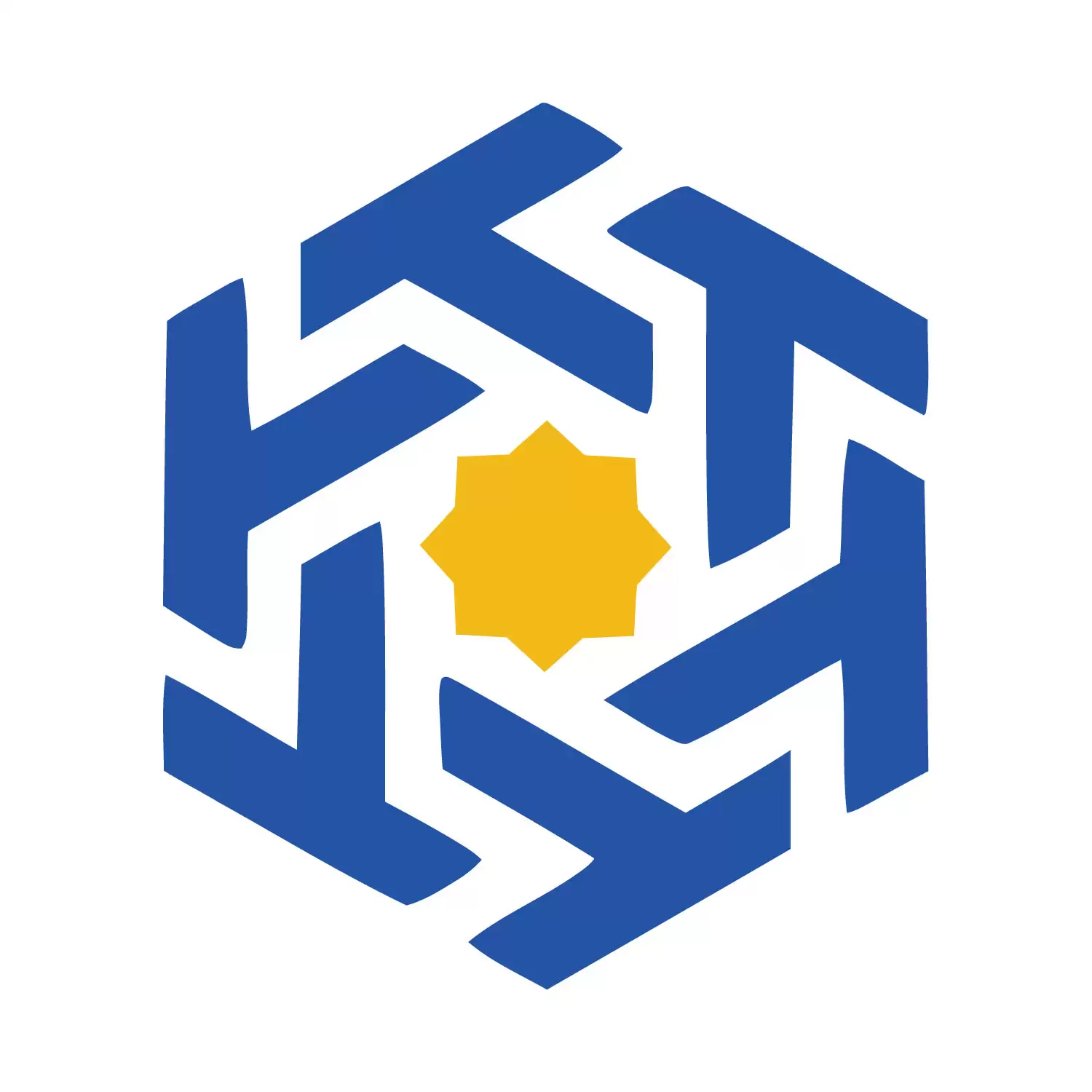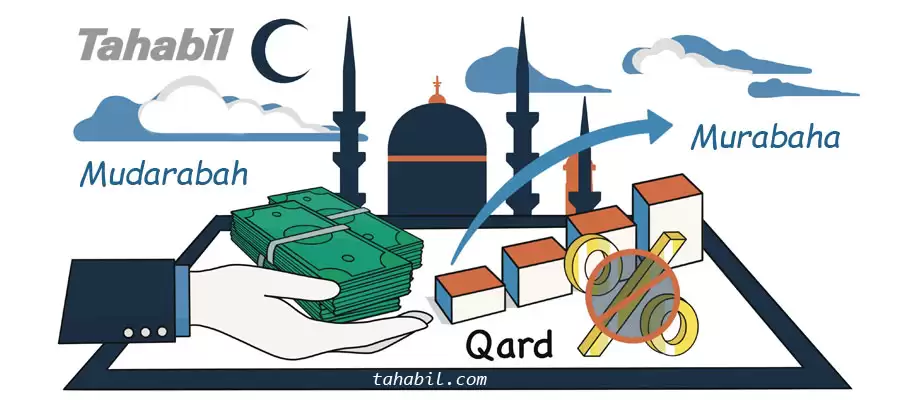 Admin
Admin
10 Jun 2024


10 Jun 2024
Murabaha, Mudarabah, Qard Hasan: Understanding Islamic Finance Tools & How Tahabil Applies Them
Islamic finance is rooted in principles of fairness, transparency, and risk-sharing, offering ethical alternatives to interest-based systems. Among its core instruments are Murabaha, Mudarabah, and Qard Hasan—tools designed to align financial transactions with Shariah law. In this blog, we explore their definitions, Islamic legal foundations, and how Tahabil, Bangladesh’s leading Shariah-compliant crowdfunding platform, applies them to drive inclusive growth.
Murabaha (مُرَابَحَة) is a cost-plus-profit sale agreement where a seller discloses the cost and markup of an asset to the buyer. Unlike conventional loans, it avoids riba (interest) by tying profit to tangible goods or services.
Quranic Reference: “Allah has permitted trade and forbidden usury” (Quran 2:275).
Hadith: The Prophet Muhammad (ﷺ) said, “Sell gold for gold, silver for silver, wheat for wheat… hand to hand (equal and immediate)” (Sahih Bukhari 2176).
Tahabil facilitates Murabaha for SMEs and individuals needing asset financing:
Example: A farmer needs a solar-powered irrigation pump.
Tahabil purchases the pump from a supplier for BDT 50,000.
Sells it to the farmer for BDT 55,000 (cost + 10% profit), payable in installments.
The farmer owns the pump immediately, avoiding debt traps.
Impact: Over 300 SMEs in Bangladesh have accessed equipment through Tahabil’s Murabaha model, boosting productivity without interest.
Mudarabah (مُضَارَبَة) is a partnership where one party (rab-ul-mal) provides capital, and the other (mudarib) manages the business. Profits are shared as agreed, while losses are borne solely by the capital provider.
Quranic Reference: “If you do not do so, then be warned of war from Allah and His Messenger” (Quran 2:279) – condemning unequal risk-sharing.
Fiqh Rule: “Al-Ghunm bil-Ghurm” (profit accompanies liability for loss) – a core principle of Mudarabah.
Tahabil connects investors with entrepreneurs through profit-sharing crowdfunding:
Case Study: A Dhaka-based startup producing eco-friendly packaging.
Investors pool BDT 1,000,000 via Tahabil.
The startup uses funds to scale production.
Profits are split 70% (investors) / 30% (entrepreneur).
Impact: 45+ projects funded, generating 15% average annual returns for investors.
Qard Hasan (قرض حسن) is an interest-free loan extended for welfare purposes. The borrower repays only the principal, often with optional goodwill payments (hibah).
Quranic Reference: “Who is it that will lend Allah a goodly loan so He may multiply it for him many times over?” (Quran 2:245).
Hadith: “The best of people are those who are most beneficial to others” (Al-Jami’ al-Saghir 1109).
Tahabil offers Qard Hasan for emergencies and community development, know real example in this blog.
To ensure strict adherence:
Shariah Advisory Board: Overseen by scholars from the Islamic Finance Advisory Council (IFAC) Bangladesh (Proposed).
AAOIFI Standards: Compliance with Accounting and Auditing Organization for Islamic Financial Institutions guidelines.
Blockchain Audits: Transparent records of Murabaha transactions and Zakat distribution.
Financial Inclusion: 65% of Bangladeshis remain unbanked; Islamic tools offer faith-sensitive solutions.
SDG Alignment: 60% of Tahabil’s projects target SDG 1 (No Poverty) and SDG 8 (Decent Work).
Climate Resilience: Mudarabah-funded solar grids and Qard Hasan for disaster recovery.
Awareness: Myths like “Islamic finance = no profit” persist. Tahabil counters with workshops and success stories.
Tech Integration: AI-driven risk assessment for Mudarabah projects and USSD-based Qard Hasan applications.
Murabaha, Mudarabah, and Qard Hasan are not mere financial tools—they are vehicles for social justice, aligning commerce with conscience. “We don’t just move money; we move lives.”
Join the Ethical Finance Movement:
Invest: https://tahabil.com/projects
Learn: Attend Tahabil’s free webinar on Islamic finance.
References:
* Quran 2:275, 2:279, 2:245.
* Sahih Bukhari 2176.
* AAOIFI Shariah Standards (2023).
* Islamic Finance Advisory Council (IFAC) Bangladesh.
* Tahabil Impact Report (2023).
“Allah will deprive usury of all blessing, but will give increase for deeds of charity.” (Quran 2:276)
— The Tahabil Team
 your money halal way.
your money halal way.